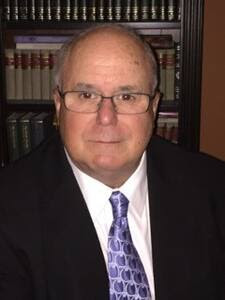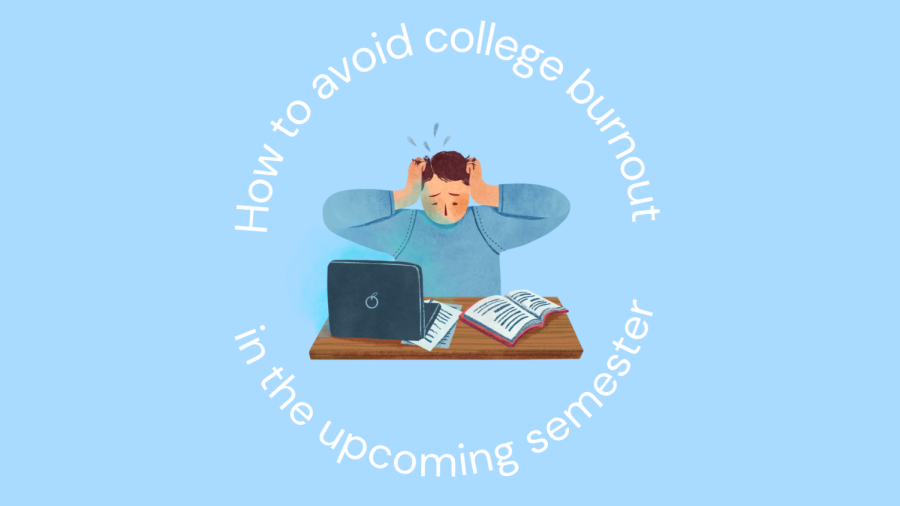Since 1980, the level of perfectionism among college students has significantly increased, according to a study by Thomas Curran and Andrew P. Hill of the American Psychological Association.
This is not surprising considering how in recent years, increased pressure has been added upon students to perform better academically from parents, institutions, and even social media.
According to Curran and Hill, perfectionism is best defined as a mindset consisting of “a combination of excessively high personal standards and overly critical self-evaluations.”
Perfectionism manifests itself in various ways, including indecisiveness, reassurance-seeking, excessive organization, procrastination, social isolation, and the general avoidance of things where one could “fail,” according to the Center for Clinical Interventions (CCI).
Dr. Angela Mann, associate professor and licensed psychologist at the University of North Florida, said that perfectionism has “tentacles into many facets of an individual’s life” and can definitely center around academic performance and significantly impact one’s academic success.
“Striving for academic excellence can have potentially positive effects, giving student’s the energy they need to push themselves to study and manage time wisely. But when it begins to tip the scales into stress related to needing to be perfect, we can see several negative effects including anxiety, reassurance-seeking from peers and professors, and procrastination or other avoidance strategies,” Dr. Mann said.
If one’s struggle with perfectionism is not properly addressed, it can lead to the development of more severe mental health issues such as anxiety, depression, and even suicidal ideation, according to Ana Sandoiu from Medical News Today.
Typically speaking, the first step for dealing with perfectionism involves understanding what it is, and how it affects you specifically. Dr. Mann recommends using resources such as the CCI’s Perfectionism in Perspective Workbook designed to “help you understand what is helpful and unhelpful about being a perfectionist.” The workbook includes nine comprehensive modules covering everything you need to know about perfectionism as well as practical ways to start dealing with it.
Once you have obtained a better understanding of perfectionism, you can begin to address it directly.
“Generally speaking, the best place to start might be to work on stress management tools to decrease overall stress,” Dr. Mann said. “The next step is really to gain awareness of when your perfectionism is beginning to ‘cross the line’ and create issues for you. When that happens, you might limit unhelpful behaviors like instead of checking your work multiple times, you might only allow yourself a second look at something. Alternatively, if your perfectionism is manifesting as pushing yourself through a bit of discomfort (like telling yourself you’re just going to start working for 10-15 mins without really caring about the outcome of that time and then take a break to break the procrastination/avoidance you might be engaging in). Typically, we would work on this in baby steps and gradually push outside of your discomfort zone further and further.”
Another practical way to combat perfectionism is through “self-compassion,” according to researcher Madeleine Ferrari. In Medical News Today, Ferrari defines self-compassion as “self-kindness” and claims that it “consistently reduces the strength of the relationship between maladaptive perfectionism and depression for both adolescents and adults.” Ferrari also recommends doing yoga and other mindfulness exercises as a way to increase self-compassion and alleviate stress.
Finally, one of the most effective ways to combat perfectionism and its side effects is speaking with a counselor or going to therapy.
“Many students might find it best to work through these challenges with a therapist to coach them along and I’d encourage those students to reach out to the UNF Counseling Center,” Dr. Mann said.
The UNF Counselling Center has tons of helpful resources on its website, including free online mental health screenings and a variety of self-help links for any particular or more specific issue.
________
For more information or news tips, or if you see an error in this story or have any compliments or concerns, contact editor@unfspinnaker.com















